Description
Text from composer
Text — Composer and anonymous member of TCGMC.
About — After receiving a positive HIV diagnosis, the “what ifs’ arrive. This movement explores them using the metaphor of being haunted as if they were a child’s monsters who live under the bed.
Text — M. Wilberg.
Translation — crucifixus: crucified/pierced
About — Ms. Wilberg is a woman whose husband was imprisoned, got HIV, and transmitted to her. Her in-laws would not accept her and forced their son to kick her out of the house. She now works for an HIV/AIDS housing nonprofit.
Text — Francisco Martins (1628-1680)
Translation — O vineyard, my chosen one. I planted thee. How is thy sweetness turned into Bitterness. O crucify me and take Barabbas in my place? I protected thee.
About — Work inspired by the Lenten motet by Poulenc. Drawing from more crucifixion imagery, the piece is about how queer folk can turn on other queer folk so quickly once they learn they are HIV positive. The same people fighting to work for equality and justice are then spat upon and degraded by their own. It is the worst betrayal.
Text — Composer
About — This hoe-down is a satire of the ugliness found in communications inside gay dating apps. Many times, one can read, “clean only,” or be asked, “Are you clean?” While that question can be broad – wanting to know that the person with whom they desire to have intimate relations is free of STIs, it generally refers to asking if the person is HIV negative. The notion of clean implies the other: dirty, as if there was an entire untouchable caste system class reserved for those who are HIV positive. As the song states, “some folks are just plain stupid.”
Text — Tim Seelig and Michelangelo
About — Corianna Seelig-Gustafson (1977-2018) was an ally who had a passion for erasing HIV stigma. She loved every person and was not afraid to hug them, when they needed human touch. Her daughter is Clara. The song is sung about Corianna form the perspective of Clara. Clara’s grandfather is Tim Seelig, a prominent figure in American choral music. Seelig has worked hard to erase HIV stigma through his openness about his own status from the podium to audiences everywhere.
Text — Composer and David Anderson (TCGMC member)
About — Many gay men of a certain age can tell you about the 2-week wait time between getting tested and receiving the result. Those two weeks were agonizing and made you question your worth as a gay man. The fear and shame would haunt you into disability. Today, one can learn their status in 15 minutes or less. That convenience can be a contributing factor to more people getting tested. Testing leads to awareness and knowledge. With knowledge comes faster medical response which can prevent people form developing AIDS. This movement is not only about advocacy but also about what happens when someone finds out they are HIV+.
Text — Christopher Harris (StoryCorps) and the composer
About — Oddly, this last movement was written first. It was a stand-alone piece written for TCGMC to commemorate World AIDS Day in 2028. Upon finishing this movement, I knew I wanted to begin the quest to write the larger work, Stigmata. As is my admittedly dangerous tradition, I listen to NPR’s StoryCorps every Friday morning – sometimes right before going into the gym, which is awkward, because one cannot go into the gym crying. I heard Christopher’s story, and I was overcome with sadness for this man who lived in a time when receiving a positive HIV diagnosis was a death sentence. I was also worried that an entire new generation of gay men would never know the cost of their sexuality in a different time and how much people today take for granted medications like “Prep.” Finally, I was moved by how Christopher’s painful experience was used in a touching story to help others learn and feel less alone.

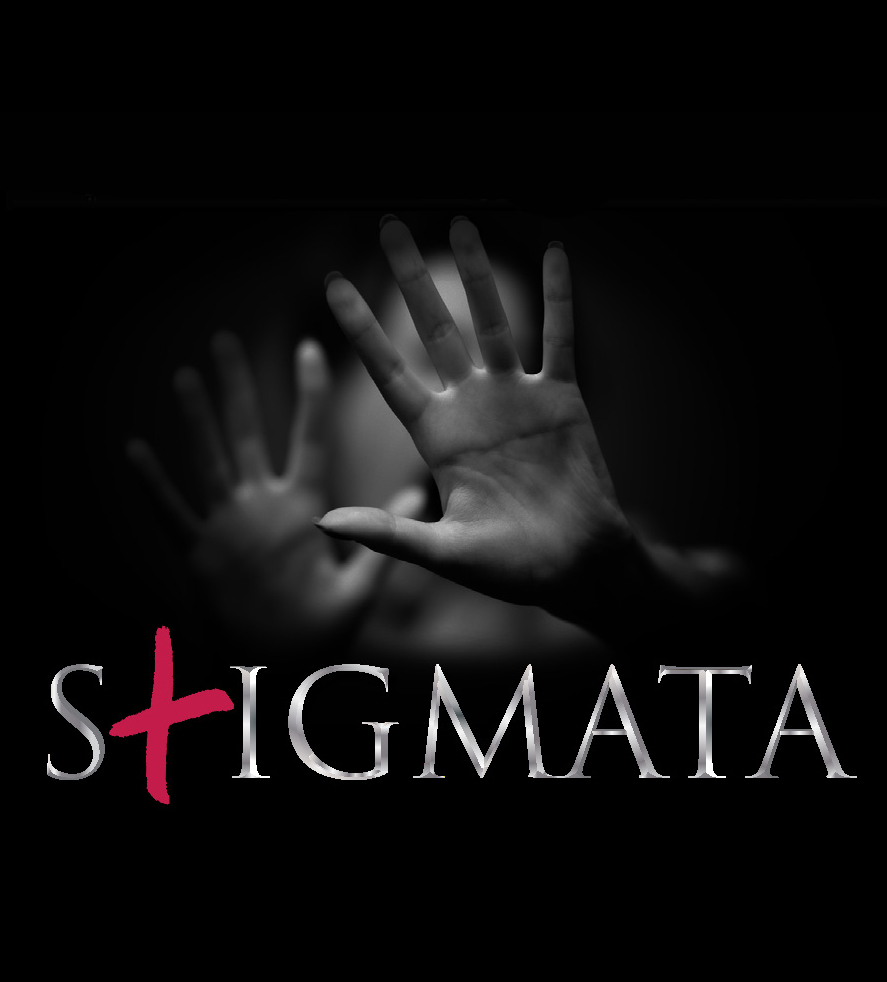
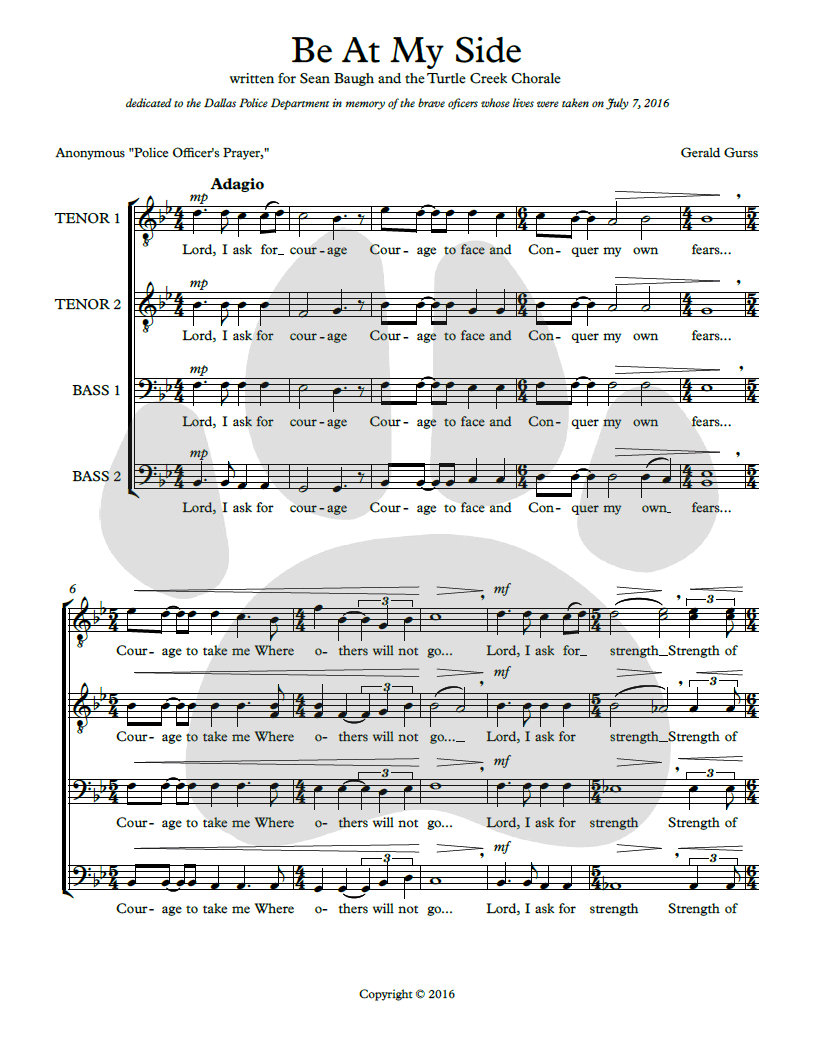
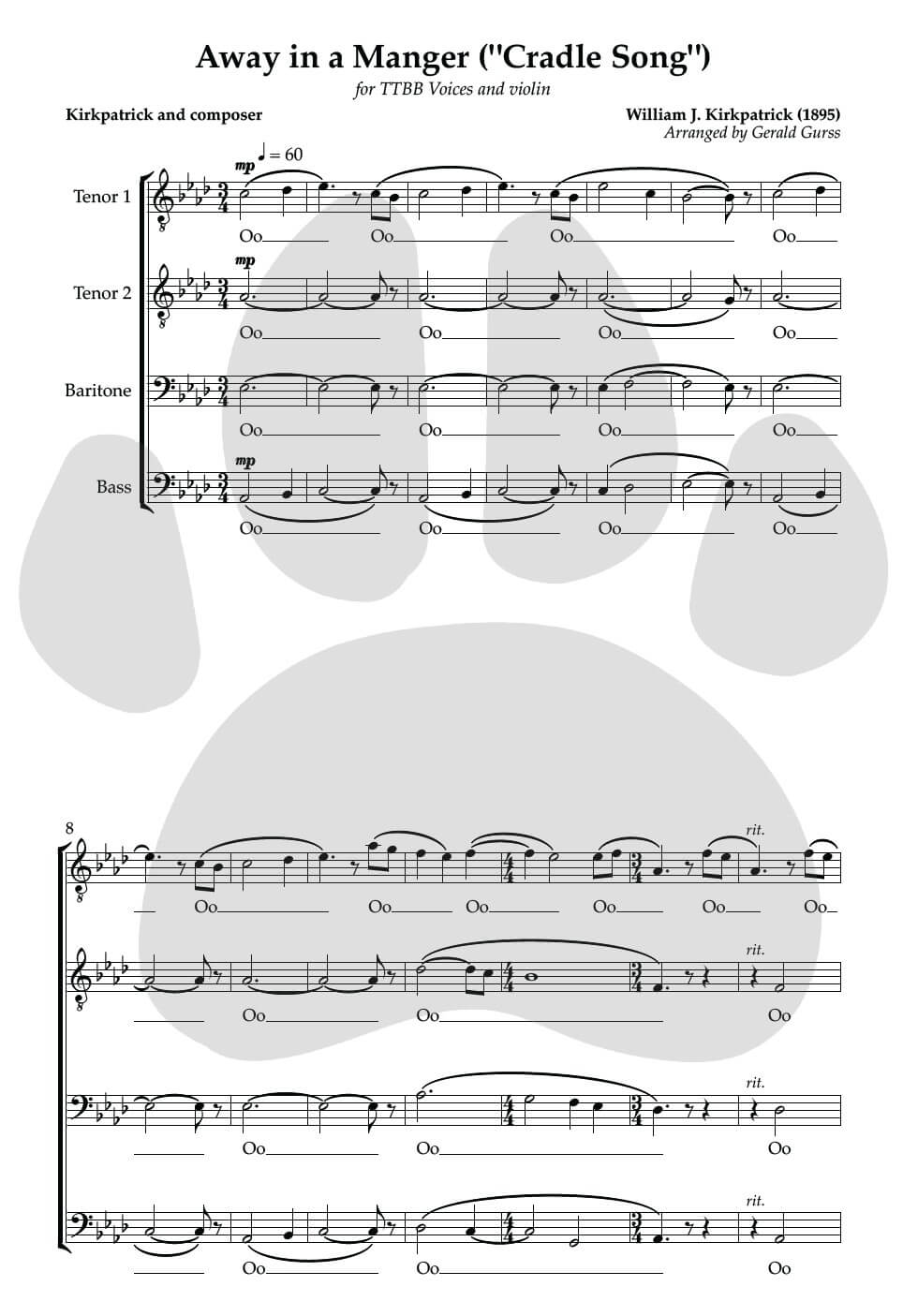
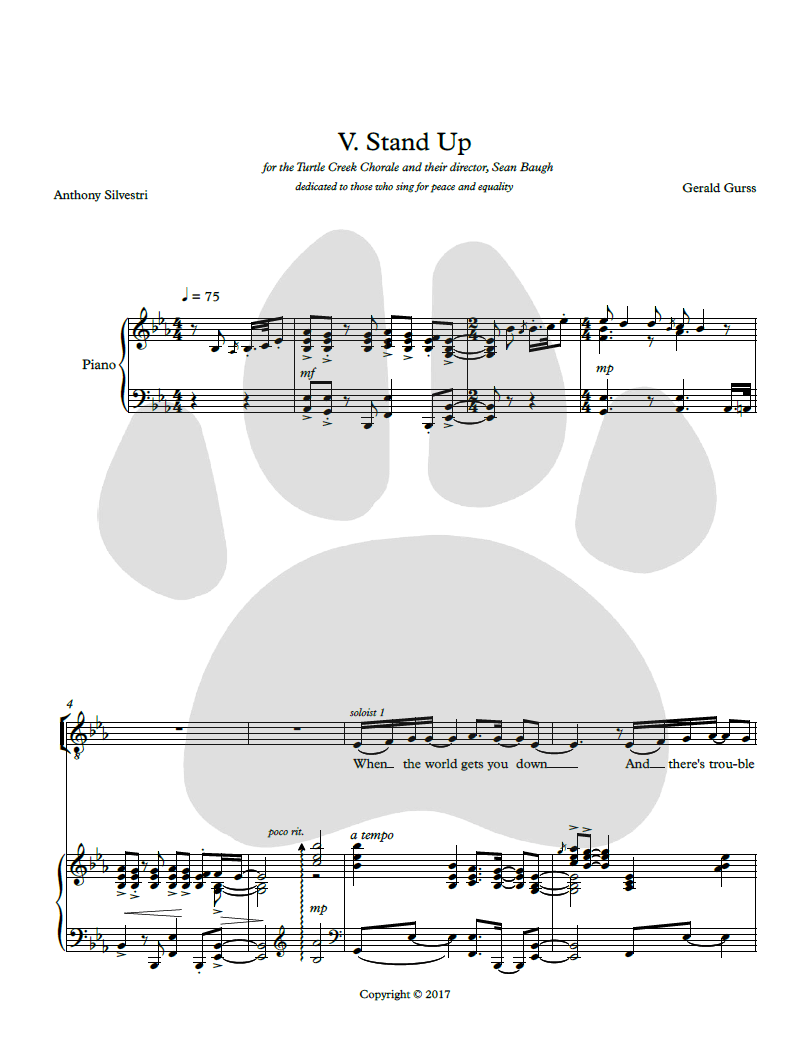
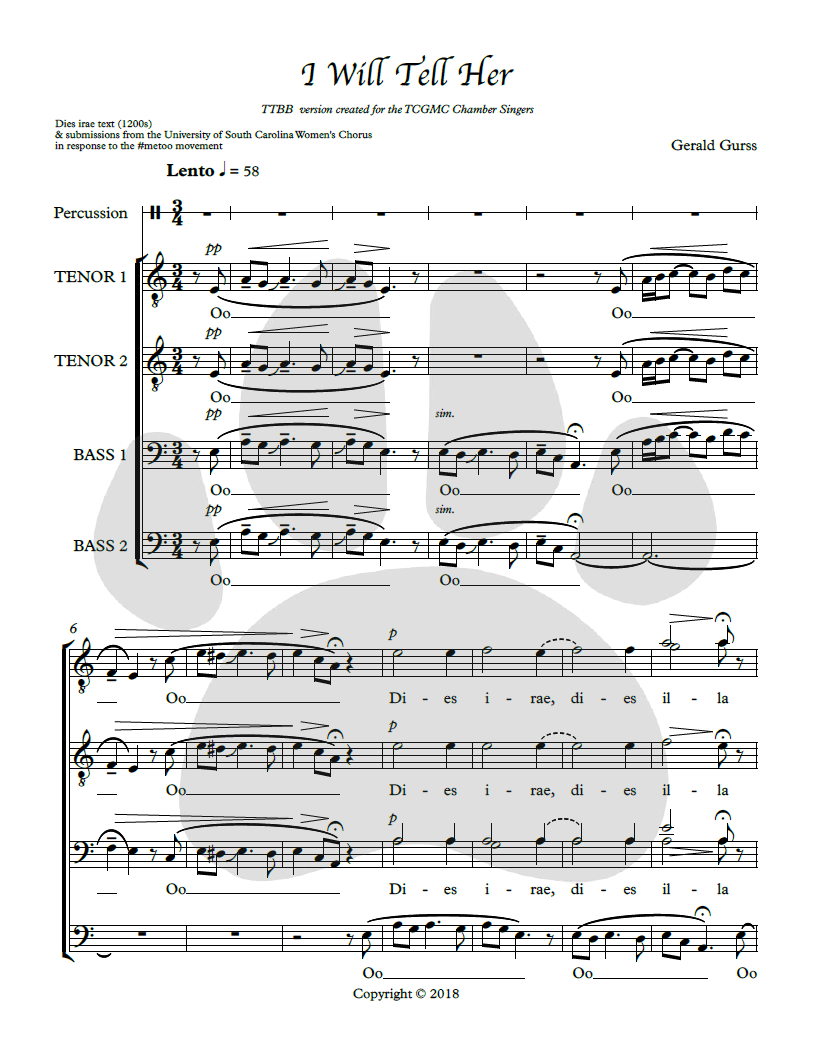
Reviews
There are no reviews yet.